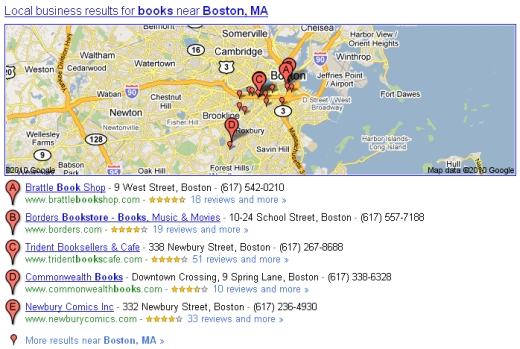Yes, Google announced today that every user, signed in or not, will be receiving personalized results based on their search history. Users still have the right to opt-out of this service, but realistically speaking, very few people will do so (it turns out most people don’t care about search results nearly as much as we do – go figure!). Personalized search stands to deliver better results that are more, well, personal. Some are raising privacy objections, but Google is going to keep all of your search history regardless, so they might as well put it to good use. Sounds like good news, right? Well, not necessarily for SEOs. Here are some of the ramifications of personalized Google search results:
- Potentially bigger delays from action to results. As any good SEO professional knows, results don’t happen overnight. The changes we experiment with can take weeks to deliver a measurable change in your search rankings. With personalized search, a site may need even more time to build up momentum. Personalized search has the potential to represent a vicious cycle – users will click on the top results because they’re at the top, and these results will continue to be at the top because users clicked on them.
- A steeper climb for new sites. I see personalized search representing an even bigger hurdle for new sites. Google already values older domains because it believes (rightly so, in most cases) that these sites are more dependable and authoritative. So new sites were always at a disadvantage in this regard. But now those older sites have time and user clicks on their side – meaning a steeper climb for new sites.
- Sites are more accountable for user experience. This is perhaps the most positive result of personalized search. Sites will need to impress users, and give them the information they’re looking for, to stay at the top of the SERPs. If users stop turning to your site, Google should start to devalue you.
- Increased importance of Marketing 1.0. That brings me to my final point. To my mind, the most important lesson in all this is that we can’t forget our Marketing 1.0 principles (branding, experience, etc.). They are as important as ever. Stated simply, Google does not like people manipulating their rankings. For that reason, they employ some of the brightest minds in the world to continually improve upon the “integrity” of their rankings. SEO is important, don’t get me wrong. But don’t place all of your eggs in Google’s basket.
The marketing experts at CommonPlaces have great insight into what makes online businesses successful. To talk to them, contact us here.



